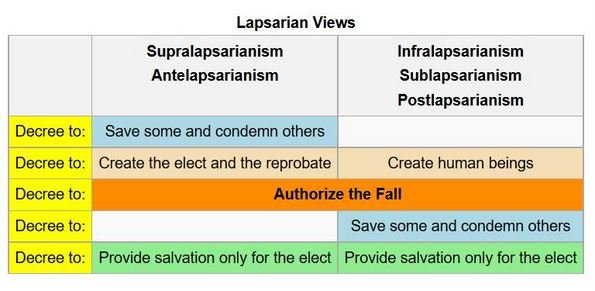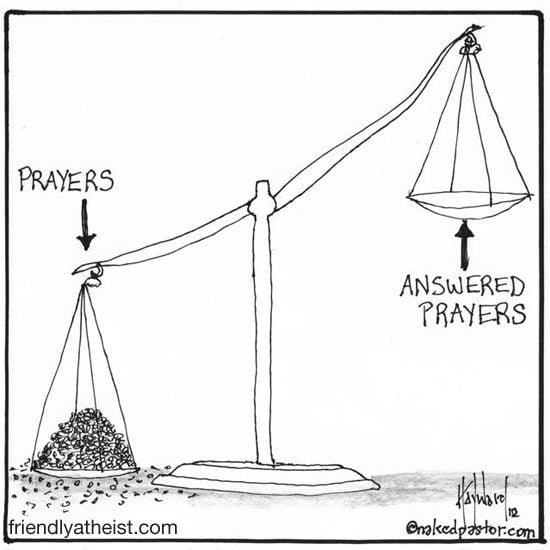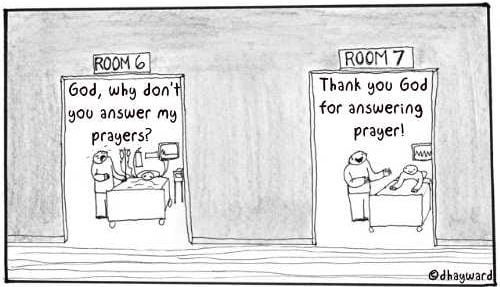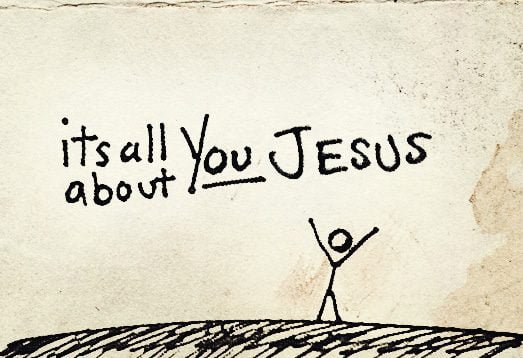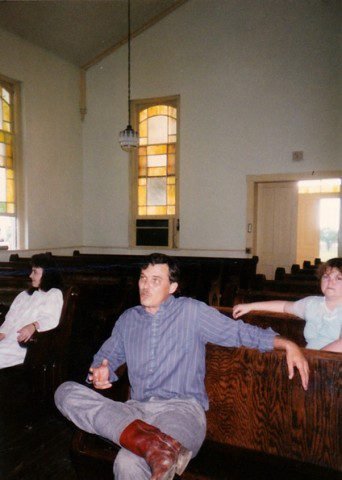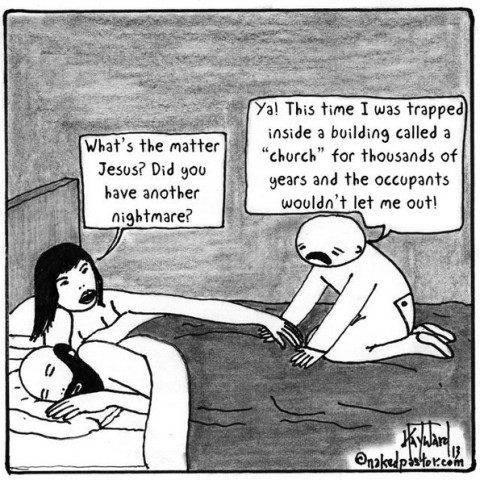
Repost from 2015. Edited, rewritten, and corrected.
How do you get from here to the rest of the world?
This is a quote from the HBO series The Wire. Dukie, a teenager raised in abject poverty on the streets of Baltimore, is having a discussion with Cutty, a former drug dealer/gang soldier, about life beyond the drug infested, crime riddled streets of Baltimore. The teen asks, How do you get from here to the rest of the world? Cutty replied, I wish I knew.
This question got me thinking about the people who are in Independent Fundamentalist Baptist (IFB) churches. The only world they know is the IFB church. Everything in their lives revolves around the churches of which they are members. Their ethics, morality, worldview, sense of meaning and purpose, and their identity is derived from their churches and pastors.
It is a self-contained world where the external “world” is banished and considered evil. IFB congregants are frequently reminded that their church, pastor, beliefs, and practices are the only correct ones. Other religions and churches are denigrated and exposed as heretical or worldly. Atheists, agnostics, humanists, and secularists are considered tools of Satan. Fidelity of belief and purity of life is demanded, and failing to meet this standard brings the wrath of God, and worse yet, the wrath of the pastor. (A person who spends twenty-five years in an IFB church will likely hear more than 4,000 sermons. Ponder the sheer level of indoctrination that happens in such a captive environment.)
Prior to the internet, a person could be raised in this environment and never know that there is a wild, woolly world outside of the IFB church. Church members are discouraged from having contact with the “world,” with an exception being made for evangelizing the world — the lost, non-IFB Christians who need saving. From the earliest age, IFB children are schooled in IFB thought and lifestyle. They are often homeschooled or sent to private IFB schools. If they have thoughts about going to college, they are told they should only go to IFB colleges. From the cradle to the grave, the IFB church and their pastor are the King and Lord over their lives. They will be told that Jesus and the inspired, infallible, inerrant Word of God are King and Lord, but the real power rests with the pastor and people who control the church. (And every congregation has a power center, a group that dominates and controls the church.)
IFB church members are told what books to read, what music to listen to, what movies, if any, to see, how to dress, how to raise their children, and how to vote. All of this telling is couched in religious verbiage, complete with Bible proof texts, but ultimately, it is their pastor’s interpretation of the Bible that determines what is to be believed and not believed. He alone determines by what standard church members will be expected to live.
The pastor is considered the man of God. Like Moses in the Old Testament, he stands between the church and God. He is God’s mouthpiece, and Sunday after Sunday and Wednesday after Wednesday he stands before the church and says, The Bible says or God says. He is in every way an oracle who has an intimate connection with God that allows him to expertly, correctly, and infallibly tell the church what it is God wants them to know. If you doubt my use of the word infallibly, ask an IFB church member about the last time their pastor said he was wrong about a belief, or anything for that matter.
With the advent of the internet, the secrets of the IFB church movement are now exposed to the light of day. We now know they have their own problem with sexual predators and are no different from the Catholic church in that regard. We know about the abuse, affairs, thefts, and cover-ups. A curious or troubled IFB church member can now “get from here to the rest of the world.”
This is why I work hard at making sure this website ranks high on Google. It is important that IFB church members who are looking for a way out of the bondage and control of the IFB church movement find people who are willing to help them. The goal is to help people see that there is a way out, that there is a wild, woolly, scary world beyond the IFB church of which they can be a part.
Those of us who have left the IFB church and dare speak about its pernicious teachings and secrets are often attacked, and concerted efforts are made to smear and discredit us. The hateful emails flood our inbox and we read the disparaging comments on forums and blogs, all of which are an attempt to marginalize us and silence our voice. They tell anyone who will listen that we never were Christians or that we are bitter and angry. They warn that anyone who heeds our voice will find themselves under the judgment of God, or worse yet, the judgment of their pastor and church leaders. The threat of being cut off from all they know often causes curious, questioning IFB church members to fearfully tremble, and sometimes this is enough to end their exploration of the world beyond the IFB church. All I know to do is keep the light on, hoping that they will, in time, wander out again seeking answers.
But for many others, they are able to push beyond their fears, and they find out that there is a way to “get from here to the rest of the world.” What they find is people who have been where they are, people who understand their fears and doubts. They are often shocked to find that there is an IFB pastor-turned-atheist who is willing to help them, even if they still want to believe in God. They quickly learn that the most important thing is breaking free from the IFB church. From there, the path they take is up to them.
This is one of the reasons I write. These people matter. Many of them are women who have had their entire lives dominated and controlled by men. They are, in many ways, not much different from women in Muslim countries. It should not surprise us, then, when these women finally break free, they also break free from the men who dominated and controlled them.
Several years ago, a man I am in contact with wrote:
Bruce, you are VERY popular among IFB circles. I knew about you before I started emailing you. I think every prominent preacher has made reference to you in some way or another. My the hate they have for you.
I consider this to be a badge of honor. I want IFB pastors and church leaders to know who I am and that I am not going away. Until God answers their prayers and kills me or the physical problems I have lead to my demise, I plan on being a pain in the ass and every other part of the IFB body. The IFB church movement is dying, and I want to be around when we finally put a pillow over its face and end its miserable life.
I want to be a voice that says “you can get from here to the rest of the world.” To you who regularly read this blog, I want to thank you for continuing to encourage and support me. When I get hateful emails and comments, and I read blogs and forum posts that deconstruct and trash my life, it is your love, friendship, and support that give me the strength to ignore their attacks.
Bruce Gerencser, 68, lives in rural Northwest Ohio with his wife of 47 years. He and his wife have six grown children and sixteen grandchildren. Bruce pastored Evangelical churches for twenty-five years in Ohio, Texas, and Michigan. Bruce left the ministry in 2005, and in 2008 he left Christianity. Bruce is now a humanist and an atheist.
Your comments are welcome and appreciated. All first-time comments are moderated. Please read the commenting rules before commenting.
You can email Bruce via the Contact Form.


